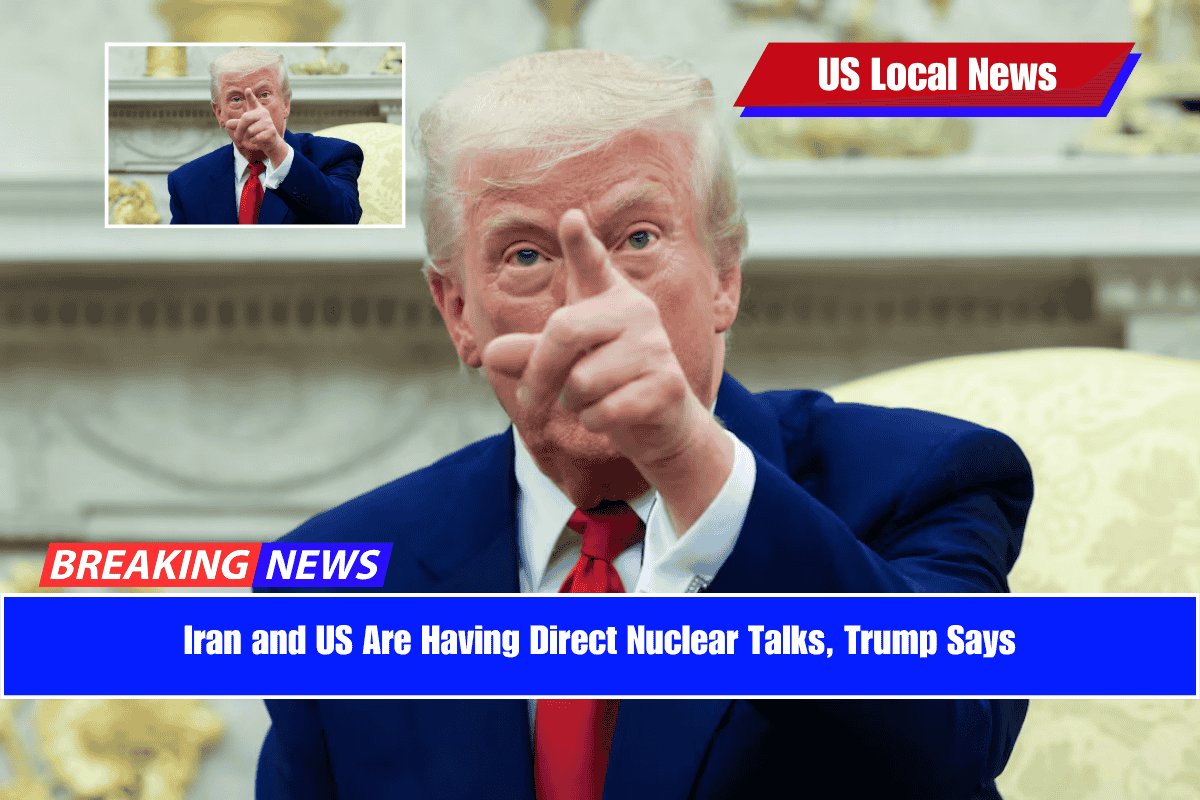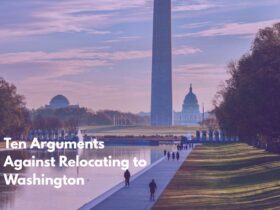In a surprise development, U.S. President Donald Trump has announced that the United States and Iran will hold talks over a possible nuclear deal this Saturday.
Trump said the discussions would be “direct” and warned Iran of serious consequences if the talks failed. Meanwhile, Iran’s foreign minister described the talks as “indirect” and said they would be both an opportunity and a test for both sides.
High-Stakes Nuclear Talks Set for Saturday
The announcement comes at a sensitive time. Speaking from the White House Oval Office alongside Israeli Prime Minister Benjamin Netanyahu, Trump confirmed that the U.S. would be speaking “directly” with Iran, adding that reaching a deal would be a “great” outcome. However, he warned, “It’ll be a very bad day for Iran” if no agreement is reached.
Iran’s foreign minister Abbas Araqchi also confirmed the meeting, stating it would take place in Oman on April 12 and emphasizing that the “ball is in America’s court.”
What’s the Purpose of the Talks?
The talks are aimed at reviving negotiations over Iran’s nuclear program—something the U.S. and its allies have been concerned about for decades. The main goal is to prevent Iran from developing nuclear weapons, which the U.S. and Israel see as a major security threat in the Middle East.
While Trump did not provide details on who would attend or how far the talks had progressed, he made it clear that Iran would face “great danger” if it continued its nuclear activities without agreement.
Background: U.S.-Iran Nuclear Tensions
In 2015, Iran signed a major nuclear deal with the U.S. under then-President Barack Obama, along with China, France, Germany, Russia, and the UK. That agreement required Iran to limit its nuclear activities and accept international inspections, in return for sanctions relief.
However, in 2018, Trump withdrew the U.S. from the deal, calling it weak and flawed. Since then, Iran has gradually breached the agreement’s terms, increasing its stockpile of enriched uranium—a key material used to build nuclear bombs.
The Role of Israel and the UAE
Israel has been one of the most vocal critics of Iran’s nuclear program. Prime Minister Netanyahu has previously said he would consider military action to stop Iran from obtaining nuclear weapons.
Trump reportedly sent a letter to Iran’s Supreme Leader in March via a United Arab Emirates intermediary, offering to talk. Though the offer was initially rejected, Iran later showed interest in discussing a deal through a third party.
Speaking at the White House, Netanyahu said:
“We and the United States are united in the goal that Iran does not ever get nuclear weapons.”
He added that a diplomatic solution, like the one reached in Libya years ago, would be welcome.











Leave a Reply